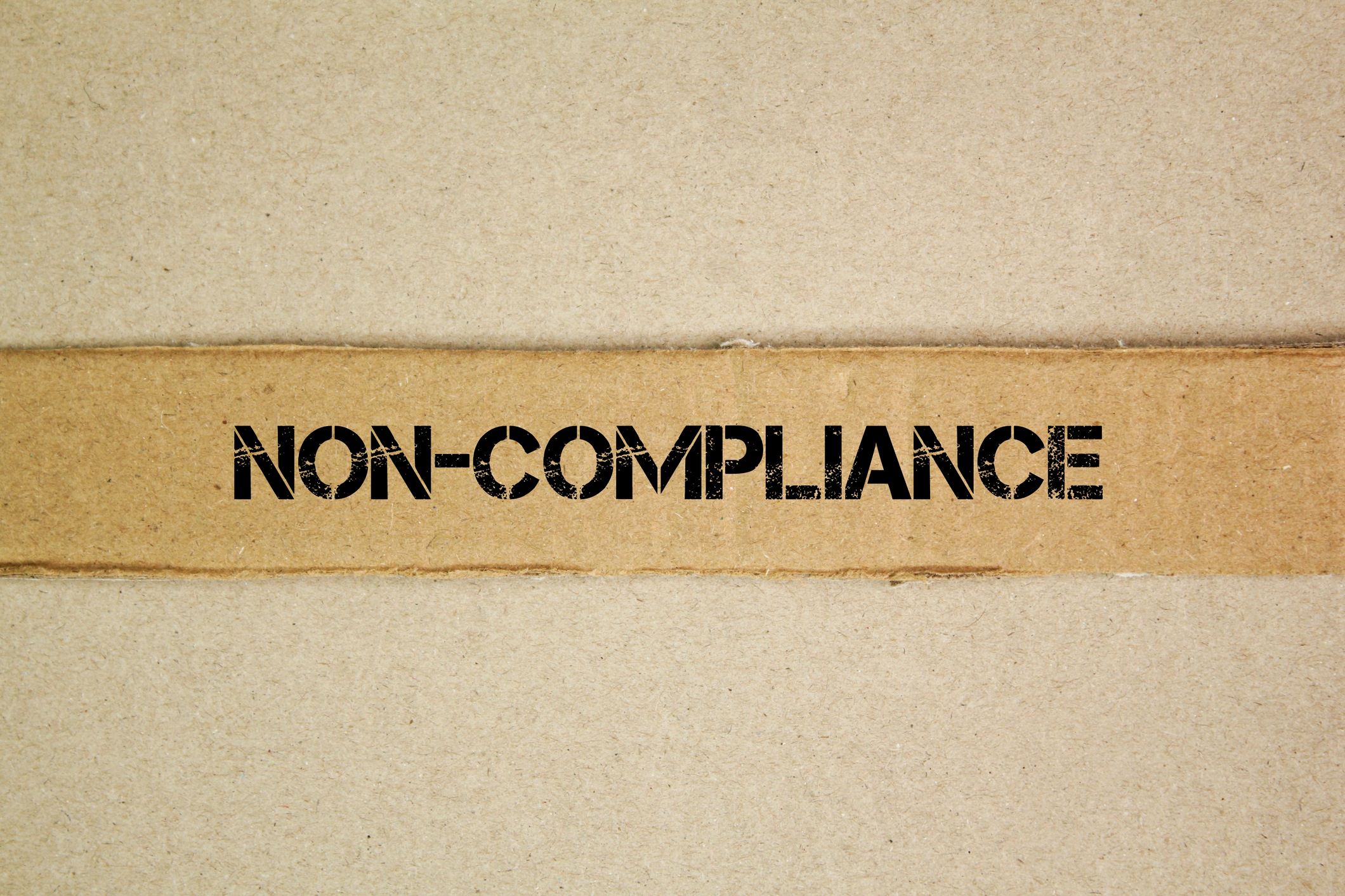Regulators Target WHS and Anti-Harassment Compliance
Australian regulators are ramping up enforcement of workplace health and safety (WHS) and anti-harassment obligations, urging employers to proactively address risks.

Australian regulators are ramping up enforcement of workplace health and safety (WHS) and anti-harassment obligations, urging employers to proactively address risks. At the NSCA Foundation National Safety Conference in Sydney, leaders emphasised the importance of compliance with evolving standards.
Dr Anna Cody, Federal Sex Discrimination Commissioner, highlighted the Australian Human Rights Commission's (AHRC) proactive approach to enforcing the Sex Discrimination Act 1984.
“We aren’t waiting for incidents to come to us,”
Cody stated, referencing the AHRC’s new powers to investigate breaches of the positive duty to prevent sexual harassment. These powers, introduced in late 2023, require employers to take reasonable measures to eliminate harassment risks.
Cody noted that only one in five workers report sexual harassment, making reactive approaches insufficient. Employers are expected to implement systems aligning with both WHS laws and gender equality goals.
“Safety by design”
and leadership-driven policies are essential to meeting these overlapping obligations.
SafeWork NSW’s Christina Hey-Nguyen emphasised workplace design as a critical factor in preventing harassment. She pointed out high-risk elements like workplace hierarchy and isolated environments, urging businesses to evaluate cultural factors such as incivility. SafeWork’s Respect at Work Strategy advocates prevention-led approaches tailored for industries like hospitality and construction.
ACT Work Health and Safety Commissioner Jacqueline Agius explained that investigations focus on whether workplaces have systems to manage harassment risks effectively.
“We cannot determine system failures unless workplaces have had the opportunity to make their systems work,” she said.
Sally North, WorkSafe WA Commissioner, highlighted significant reports of sexual assault from the mining sector but expressed concern about underreporting in other industries like hospitality and construction. Expanded notification requirements under WHS laws aim to address these gaps.
As WHS regulations evolve, employers must prioritise proactive safety measures and foster respectful workplaces. Compliance not only mitigates legal risks but also promotes healthier work environments—a key focus for regulators in 2025.
Source:
Regulators Target WHS and Anti-Harrassment Compliance - NSCA Foundation, April 2nd 2025





